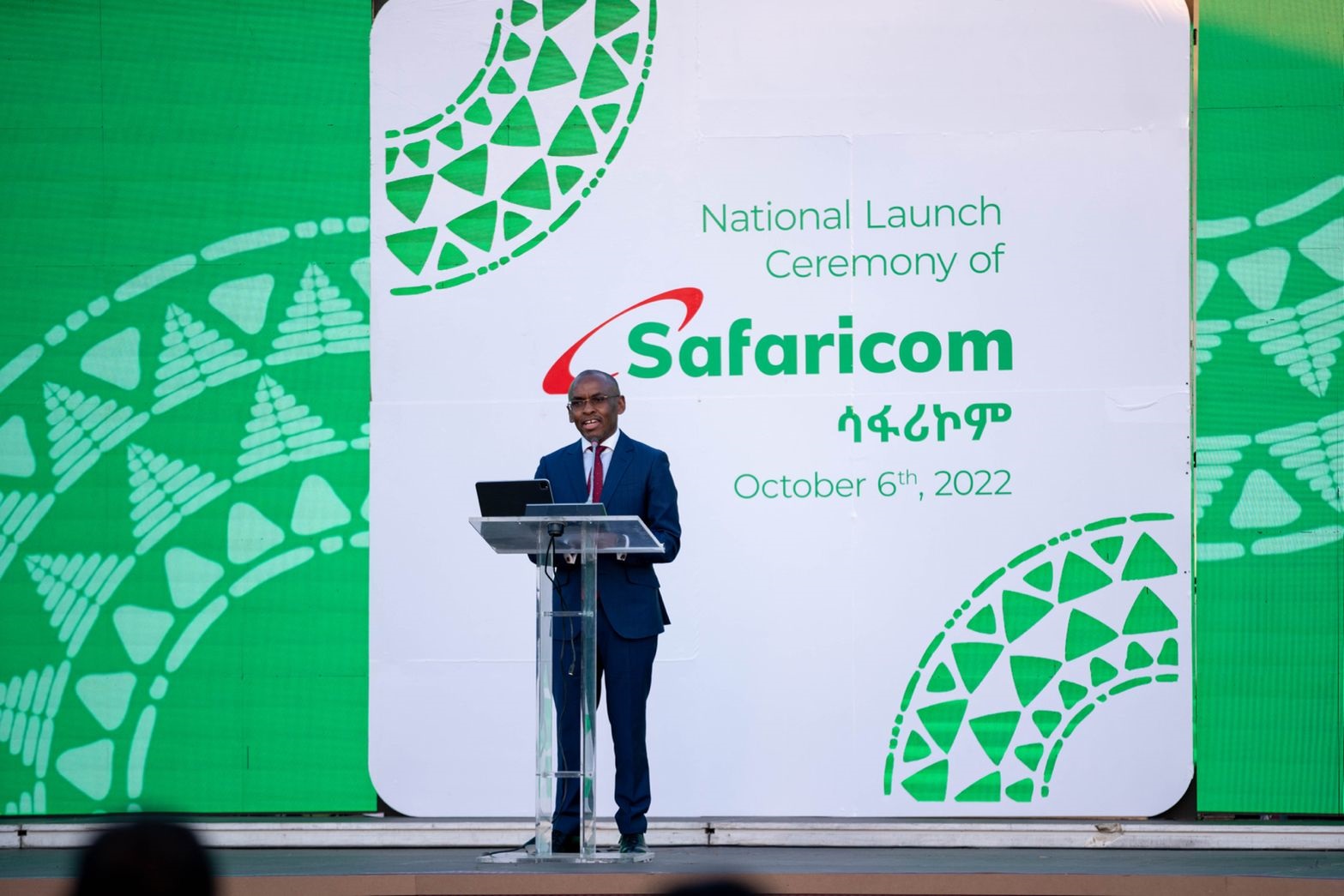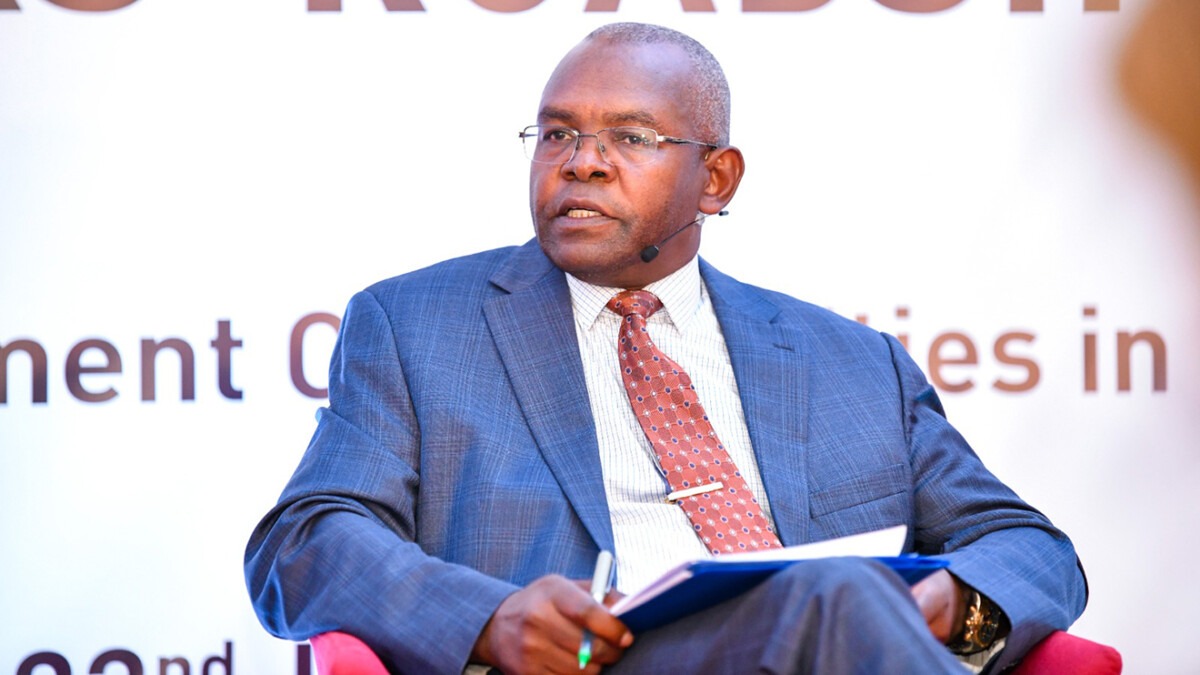Ethiopia’s mobile money market is heating up as Safaricom Ethiopia secures a mobile money licence from the National Bank of Ethiopia. Safaricom looks to replicate its Kenyan success as Telebirr is finally facing the competition it dreaded.
In early October 2022, TechCabal reported that Kenya’s leading telco Safaricom officially launched its Ethiopian service following a ten-city pilot and a phased launch across the country. Now it has received permission (officially termed “payment instrument issuer licence”) from the central government to roll out M-Pesa in Ethiopia.
At the elaborate ceremony to celebrate the launch of Safaricom Ethiopia last year, Ethiopia’s minister of finance, Ahmed Shide, announced that his government had awarded Safaricom permission to roll out M-Pesa, its widely successful mobile money product, in Ethiopia. The announcement followed President Ruto’s speech where he expressed confidence that Ethiopia would grant Safaricom’s mobile money licence request in a deal that was reportedly finalised by President Ruto and Ethiopia’s Prime Minister Abiy Ahmed in Addis Ababa. But it took little over eight months for the actual licence to be issued.
“The issuance of the mobile money licence reflects the NBE’s on-going objective of fostering innovation and financial inclusion in the Ethiopian market,” part of the statement from the National Bank of Ethiopia, Ethiopia’s central bank read.
Ethiopia gets serious about opening up
Prior to this licensing, talks about awarding mobile money licences were slow-walked by Ethiopia’s bureaucracy which sought to protect the government–majority-owned Ethio-Telecom and its then-recently launched mobile money service, Telebirr. Eventually in April 2022, Ethiopia’s central bank announced a draft bill which, upon being made law, permitted foreign–owned telecom operators like Safaricom to launch mobile money services.
In December 2020, the Ethiopian government invited telecom companies to bid for two licences to compete against Ethio Telecom. Only two consortia placed bids. One from South Africa’s MTN Group in partnership with China’s Silk Road Fund. And the second was from the Global Partnership for Ethiopia Consortium, led by Kenya’s Safaricom and including Vodafone, Vodacom, CDC Group (now British International Investments and Japan’s Sumimoto. The Safaricom-led consortium won after the government rejected the MTN Group’s bid. MTN refused to participate in a second tender following this loss to Safaricom.
Until Safaricom’s entry, state-owned Ethio Telecom operated as a monopoly with 54 million subscribers in Ethiopia, Africa’s second most populous country with an estimated population of 118 million people. Now Safaricom’s near monopoly M-Pesa gets to compete with the Telebirr service from government–backed Ethio-Telecom. It is worth noting, however, that the Ethiopian government is looking to sell 45% of Ethio-Telecom.




















